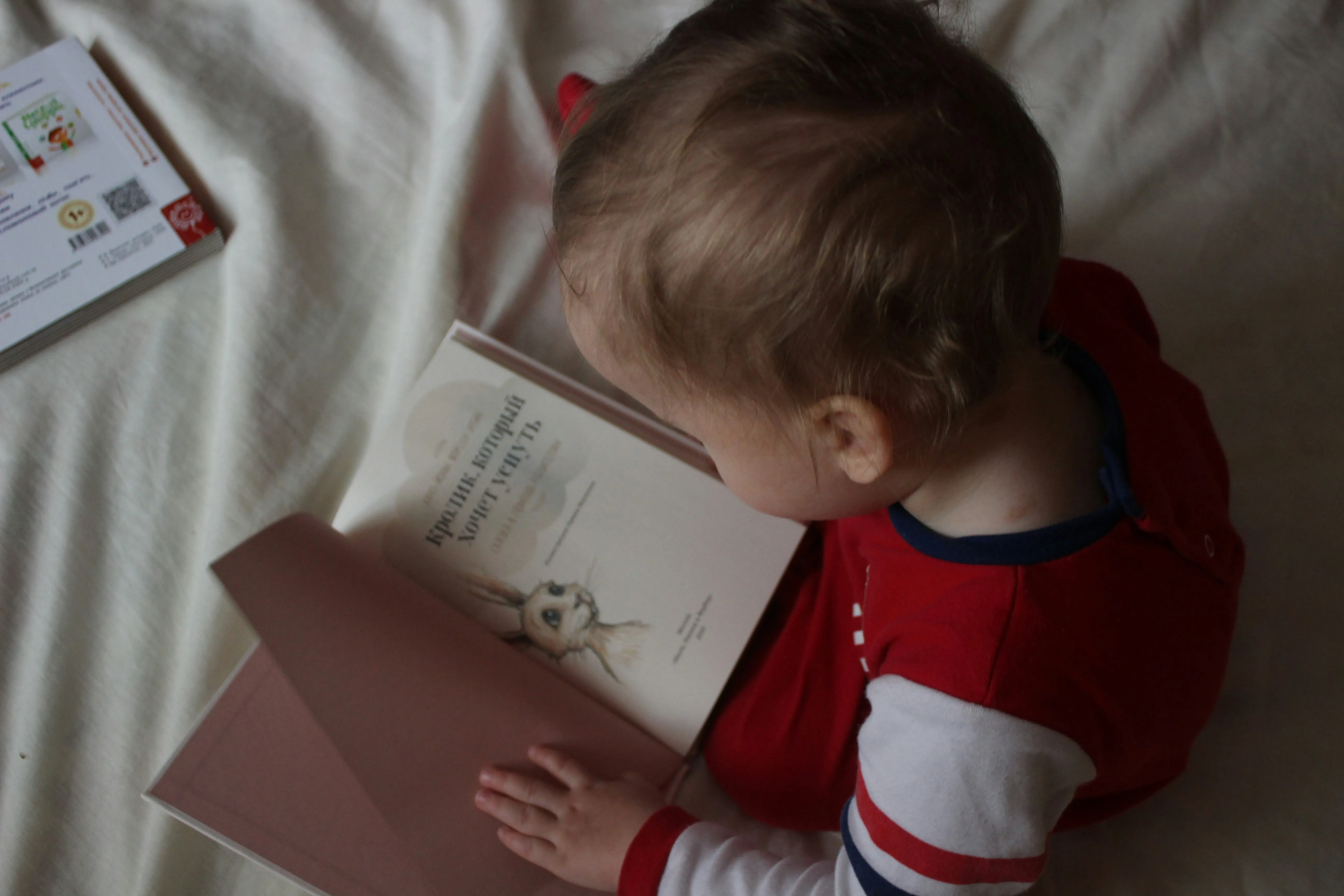Mindfetalness: Cultivating a Deep Maternal-Fetal Bond
Introduction To Mindfetalness
- Mindfetalness is a way to focus on your baby's movements to learn about their patterns.
- It is best to do this every day, starting around the 28th week of pregnancy.
- Get comfortable and pay attention to your baby's movements for about 15 minutes.
- Make a note of how strong, what type, and how often the movements are.
- Watching these patterns helps you see how your baby is doing and can make your bond stronger.
- If you see any big changes in your baby's movements, talk to your healthcare provider.
Delve into the transformative Practice of Mindfetalness, where focusing on your baby's movements enhances your bond and ensures a healthy pregnancy. Embrace mindfulness and presence for a journey rich in connection and peace.

Pregnancy is a sacred journey—a dance between anticipation and the deepest forms of connection. For parents who have meticulously planned and prepared, the significance of each moment is amplified. Amidst this careful planning, there exists a practice that can truly enhance your pregnancy experience: Mindfetalness.
Mindfetalness invites you to focus on your baby's movements, starting around the 24th week of pregnancy.
- It’s a daily practice where you take a comfortable seat,
- place your hands gently on your belly,
- Pay close attention to the subtle and robust movements of your baby for about 15 minutes.
This conscious attention not only helps you familiarize yourself with your baby’s patterns of activity but also establishes a powerful bond, much like a secret language shared between mother and child.
- By noting the strength, type, and frequency of these movements, you get a direct insight into how your baby is doing.
- It's essential to notice these patterns, as your baby's movements are indicators of their well-being.
- Should you observe any significant changes—a sudden drop in movement or an unusual increase—it’s wise to consult your healthcare provider.
This vigilant observation is part of the intimate dialogue you’re cultivating with your baby, signalling your attunement to their needs.

Embracing mindfulness and presence is crucial in this journey. Taking moments to pause, breathe, and reflect can deepen the connection you share with your baby. Imagine the simple act of placing your hands on your belly, feeling the life growing within you, and sharing your thoughts and feelings.
These mindful practices transform ordinary moments into a sacred space for bonding. The act of being present allows you to tune into your baby’s unique rhythm and responses, fostering a sense of intimacy that enriches both your lives.
As you journey into the third trimester, your baby's brain is developing rapidly, and they’re becoming increasingly aware of their surroundings. Engaging in prenatal bonding techniques, such as visualization exercises or mindfulness practices, can deepen your connection. Picture holding your baby, imagine their personality, and visualize your future together.
These practices not only enhance your emotional bond but also reduce stress, preparing you both for a harmonious transition into parenthood.

Integrating mindfulness into your prenatal appointments can be a powerful tool
- Use these visits as opportunities to connect with your baby. Whether it’s during an ultrasound or while listening to your baby's heartbeat, visualize their growth and development.
- Discuss their progress with your healthcare provider, turning routine appointments into meaningful experiences that reinforce the bond you’re nurturing.
Mindfulness meditation is another powerful approach to fostering this connection. Sit comfortably, close your eyes, and take deep breaths. As thoughts arise, acknowledge them without judgment, gently bringing your focus back to your breath and your growing belly. This practice heightens your awareness of your baby's movements and rhythms, enhancing your sense of their presence. Over time, mindfulness can cultivate a deeper sense of peace, helping you feel more connected to the unfolding miracle of life within you.
Nutrition also plays a significant role in this bonding process.

- Every meal becomes an act of love and nourishment, impacting your baby's growth and development.
- Visualize the nutrients from your diet supporting your baby, reinforcing the connection as you make mindful decisions about your food.
As parents who have meticulously planned and prepared,
Integrating Mindfetalness into your daily routine is more than just monitoring movements
- it’s about fostering a deep, conscious bond with your baby.
- It's about celebrating each kick, roll, and flutter, understanding them as your baby's way of communicating with you.
- By embracing this practice, you create a nurturing environment filled with love and presence, laying the groundwork for a lifelong bond.
Frequent questions often arise about fetal movement, particularly if babies have “quiet days” in the womb. While movements can vary, a noticeable drop, especially in the third trimester, should prompt a conversation with your healthcare provider. Maintaining open communication ensures both your well-being and that of your baby throughout this journey.
The path of pregnancy is both magical and transformative. By embracing Mindfetalness, you actively participate in a profound relationship with your baby. This practice allows you to savour every movement, fostering a connection that will continue to deepen long after birth.
Every moment spent in mindful connection with your baby is an investment in a lifetime of bonding and love. Let these moments guide you, fill you with peace, and strengthen the loving foundation you are building for your baby.
Embrace the practice of Mindfetalness and celebrate this incredible journey, creating a nurturing space for both of you to thrive.
Together, you are embarking on an extraordinary adventure of growth, love, and endless possibilities.
Conclusion
Mindfetalness is a strong practice that improves the bond between a mother and her baby. By being mindful and connecting with your baby, you can help create a healthy pregnancy experience. It’s important to understand your baby's movements and patterns. This helps you keep track of how they are doing. When you practice mindfetalness, you build a positive relationship with your unborn child. This can lead to a deeper bond and may help lower stress levels. Pay attention to your baby’s movements.
Embrace this mindful practice for a better maternal-fetal connection.
Download Our FREE Mindfetalness Brochure here: MINDFETALNESS
Frequently Asked Questions
Do babies have quiet days in the womb?
Fetal movement can change in different ways, but if you notice a sudden and big drop in movement, especially in the third trimester, it is important to pay attention. If this happens, contact your healthcare provider right away. They can check on you, give the right medical care, and help you feel better. Always remember that talking openly with your healthcare team is very important for your well-being and that of your baby during your pregnancy journey.








































































































































